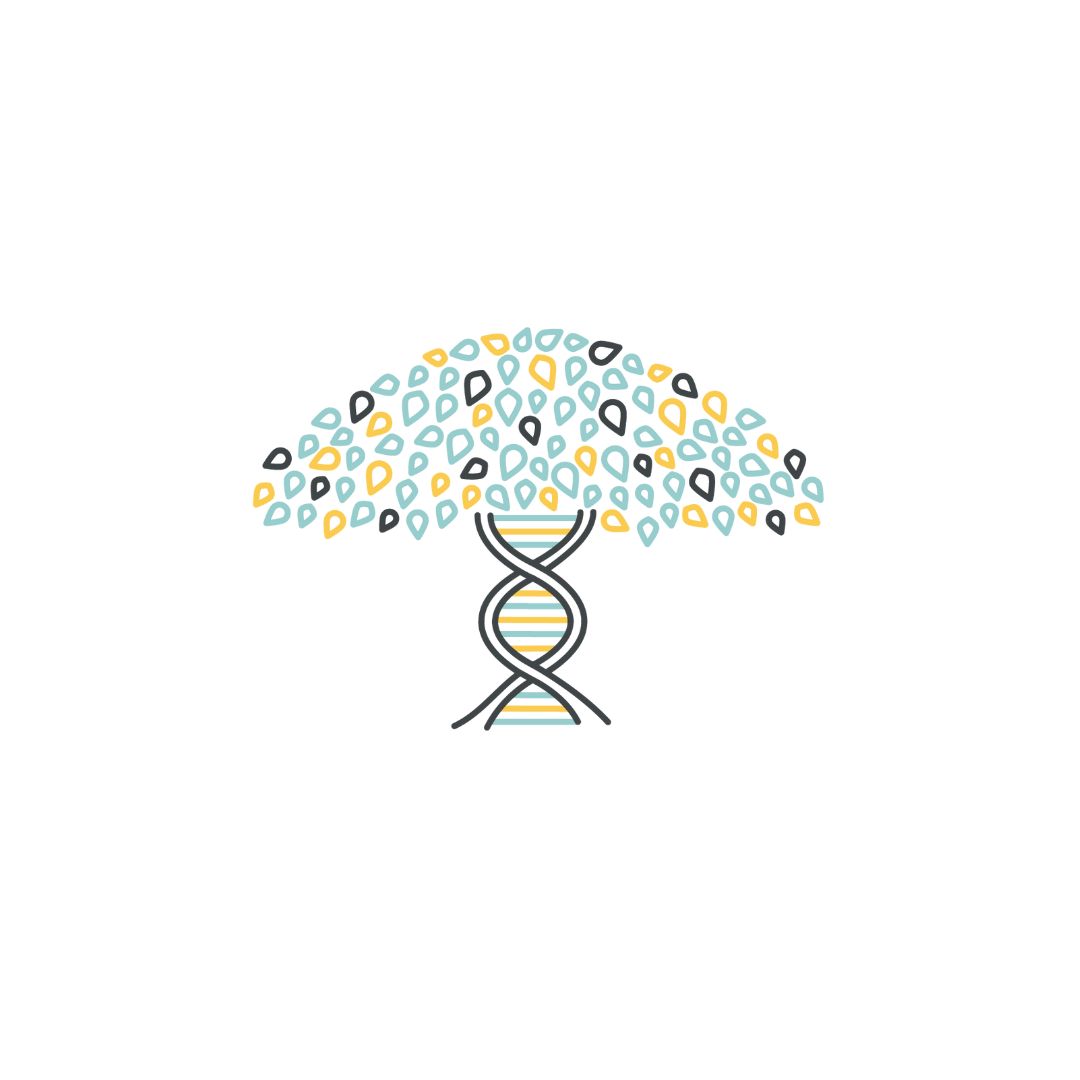
Should I have genetic testing?
One of the most empowering steps people can take for their health is to be able to proactively lower their risk of getting sick. Better understanding your cancer risk through genetic screening and testing can be truly life-changing – read more below to see if genetic testing is right for you.
Who should undergo genetic screening?
Personally I think everyone should! Screening involves knowing your family history of cancer and answering other questions such as any personal history of cancer and your ethnicity. Based on responses to screening, you may be recommended to then have genetic testing, though there are also options to pay out-of-pocket for genetic testing even if you don’t meet insurance-based testing requirements.
What happens next if testing is recommended?
Testing is done either by a blood test or a saliva test and typically takes around two weeks to come back. Once your results are back, the ordering clinician can review them with you and talk about next steps if any are needed. If your primary care provider, gynecologist or other doctor order the test and it comes back positive, they may refer you to meet with a genetic counselor to learn more about what the results mean.
If testing results are positive, what happens next?
Next steps really depend on what the testing shows. If the testing shows mutations in one or more genes that increase cancer risk, additional or earlier cancer screening may be recommended. This may include starting cancer screening at a younger age or having more frequent or more involved screening. Discussion with a high-risk specialist may also be recommended to learn more about options including medications or surgeries that can reduce cancer risk.
While being able to take proactive steps to reduce cancer risk can be empowering, it can also potentially be very overwhelming to find out you have a genetic mutation. Finding support through in-person or on-line communities can be incredibly helpful, as can speaking with therapists specializing in health issues and concerns.



